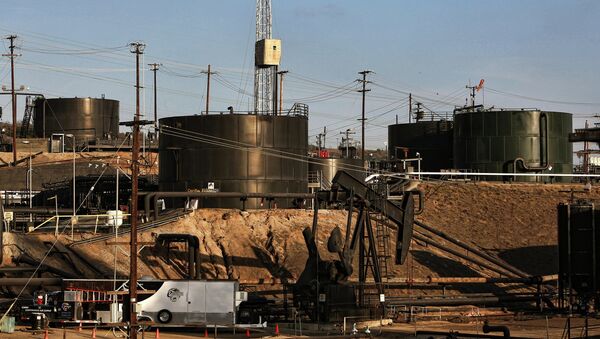According to media reports, around a dozen executives from the US's biggest oil producers, and members of the lobby group PACE (Producers for American Crude Oil Exports) have descended on Washington for a series of meetings with government officials to give greater momentum to their push to repeal the legislation, which is currently under review by lawmakers.
Comments heard at a recent hearing of the US House of Representatives Subcommittee on Energy and Power, entitled "The Energy Policy and Conservation Act of 1975: Are We Positioning America for Success in an Era of Energy Abundance?" suggest that PACE may be receiving a sympathetic hearing from lawmakers: Committee Chair Ed Whitfield made reference to "the nation’s changing energy landscape," remarking that "despite the fact that America usually favors free trade, we decided to make an exception when it comes to oil."
"In fact, America may soon be producing more oil than it can handle" said Whitfield. "The largest increases in American production have been the lighter types of liquid hydrocarbons, which are not what most US refineries are set up to process. This light oil is better suited to many foreign refineries, and for that reason there is a strong demand for American oil around the world."
The effects of such a move on consumer prices remain unpredictable; the US Energy Information Administration reported in November that US gasoline prices are determined more by the price of Brent crude than the price of West Texas Intermediate, and that the effect of relaxing the ban on US crude oil exports would depend on its effect on international crude prices, such as Brent, rather than its effect on domestic crude prices.




